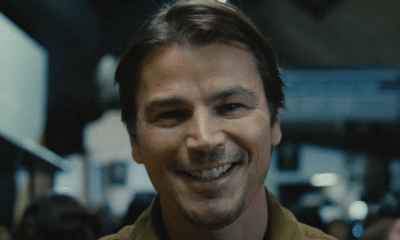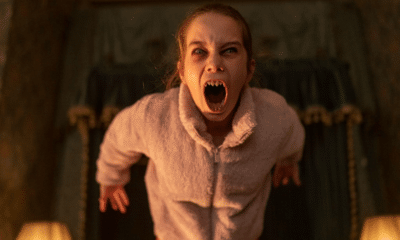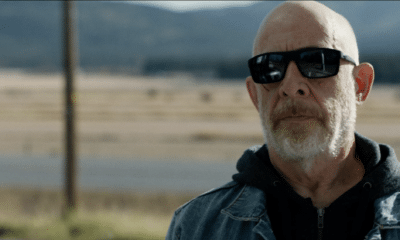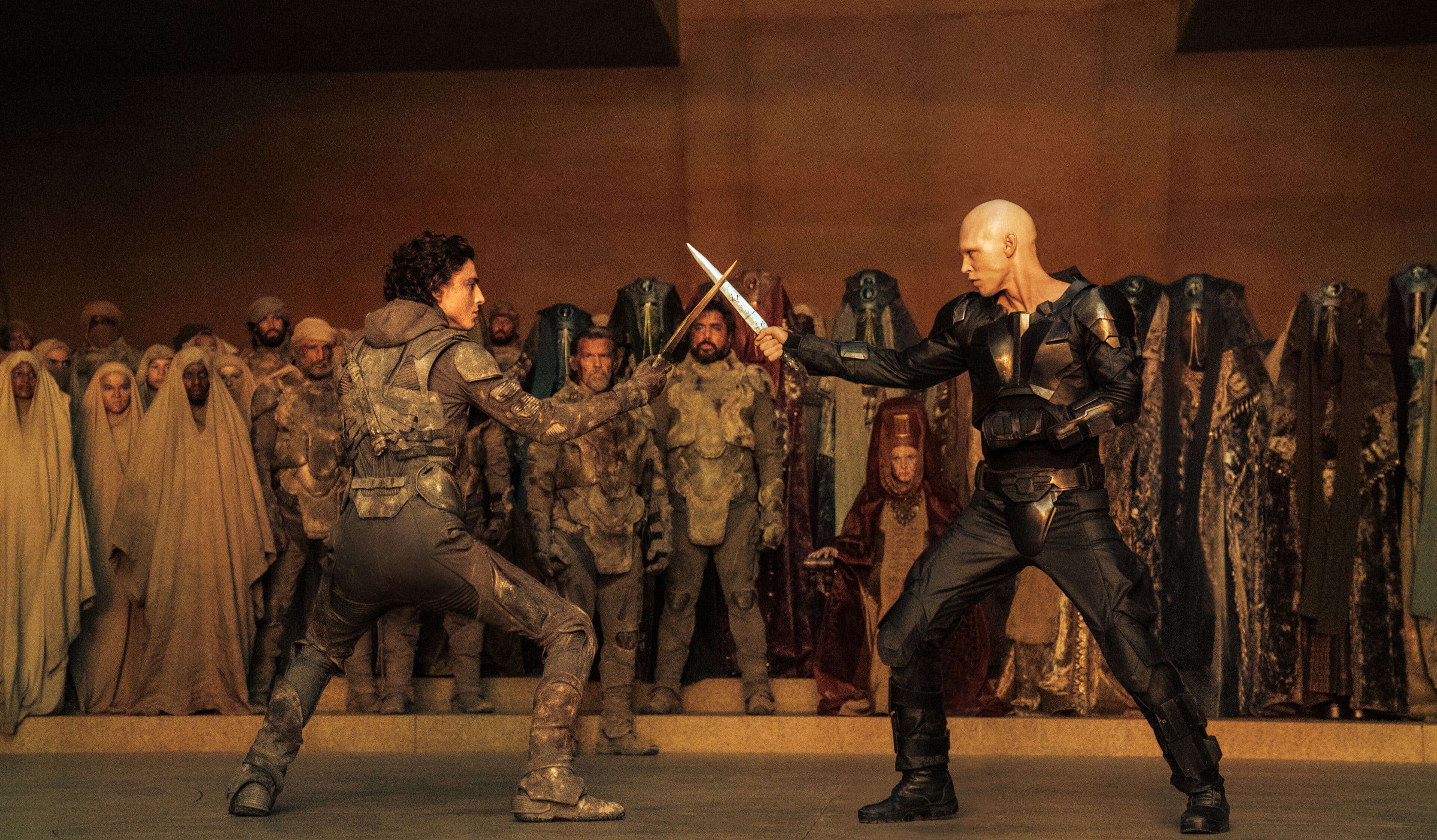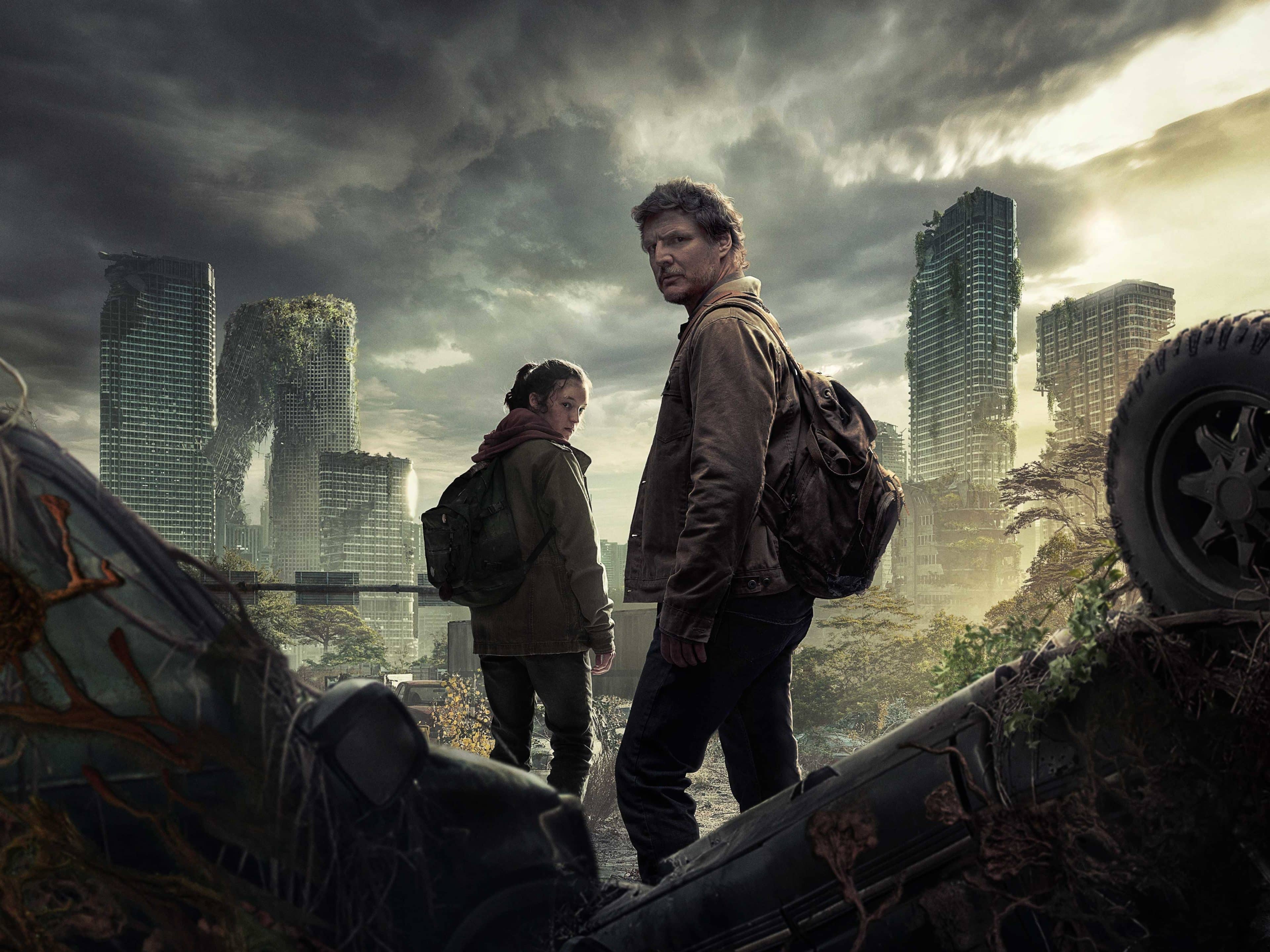When The First Purge dropped its first teaser poster featuring the title emblazoned across a MAGA-style red hat, it was evident that the increasing politically charged series was showing no signs of toning it down. Later, when the film’s trailer dropped, with imagery clearly evoking the #BlackLivesMatter protests, our intrigue deepened further.
To celebrate the film’s release on 4th July, here we take a look at a number of other films over the years which have tapped into the contemporary political zeitgeist.
- Battleship Potemkin

Many films, whether consciously or unconsciously, reflect the political and cultural discourse of their day, but only Battleship Potemkin can boast being especially commissioned to celebrate the 20th anniversary of the first Russian revolution. Eisenstein’s choice to cast the film predominantly with real people – not huge stars – adds to the authenticity of this film being a triumph of the Russian people and the quick pace editing of grotesque images (namely maggot infested meat), really makes you align with the rebels of the battleship.
- The Great Dictator

Easily Charlie Chaplin’s most provocative film (it was banned in Spain, Italy and Ireland), this political satire utilises Chaplin’s comedic persona against Hitler to render the dictator a clown. While Chaplin claimed in 1964 that he would not have made the film had he known the extent of the atrocities of the Nazi Concentration Camps, the film does reflect pre-World War Two concerns of growing fascist movements, albeit in a mocking, pantomime-esque way.
- Invasion of the Body Snatchers (1956)

When you think of the 1950s, two things that may come to mind are anti-Communist paranoia and McCarthyism; in this science fiction horror film, directed by Don Siegel, both will come to mind. Whether intentional political allegory or not, the concept of alien pod people taking control over the bodies of our loved ones and using them to destroy our way of life, really tapped into the distrust and witch hunt of post-war anxiety.
- Dr Strangelove

Stanley Kubrick took inspiration from the ideas of military strategist Herman Kahn and explored the criticisms of MAD and the Doomsday Machine and demonstrated their hilarious absurdity, in this truly biting satire. While its endlessly quotable lines and memorable scenes made it one of the best comedy films of all time, very few films portrayed dancing on the edge of annihilation as well as Dr Strangelove and perfectly summarise the Cold War atmosphere.
- All the Presidents Men

Released just four years after the Watergate Hotel break-in, few films are as truly on-point as this political thriller, directed by Alan J. Pakula. In many ways the film is uniquely uncinematic, adopting a realistic approach that mirrors Woodward and Bernstein’s journalistic investigation. Like Pakula’s previous film, The Parallax View, All the Presidents Men succeeds in portraying the paranoia, self-doubt, and rebellion of its two main characters; attributes that permeated the entire political landscape of the 1970s.
- Wall Street

‘Greed is good’ is a phrase that became synonymous with 80s corporate excess and quick buck culture, both in the critical way Oliver Stone intended and in the literal way Michael Douglas’s Gordan Gecko chants. That Gecko became an aspirational figure to some perfectly mirrors Bud Fox’s (Charlie Sheen) desire to accumulate the wealth and possessions, even when he is way past the ethical and legal grey area.
- The Deer Hunter

1975 finally saw the end of the Vietnam war, arguably the most caustic issue of the politically fraught decade. The years since saw many evocative films produced on the subject, but few were as harrowing as The Deer Hunter, which bravely came out only four years later. While the infamous Russian Roulette scene has continued to garner controversy, it is the underrated third act, in which the characters struggle with the humdrum of small-town American life as their trauma remains.
- War of the Worlds

As Tom Cruise’s Ray stands in a destroyed city, covered in white dust in front a wall of missing persons posters, the parallel to ground zero is not subtle, but it will provoke a visceral gut reaction to anyone who saw the news that day. The alien invaders attacks and kills are not consistent, and their objectives are unclear, but this perfectly represents the panic and fear after a terrorist attack and crucially, the post-9/11 feeling that the world is no longer safe.
- Get Out

In 2017 we saw increasing racial tensions in Trump’s America, with the Charlottesville riots, shocking the world. Naturally, the film that perfectly captures the pulse of Black American anxieties is a thrilling horror with mad science brain surgery and ‘the sinking place’. Get Out is a film designed to make you uncomfortable and distrustful, not unlike our protagonist Chris (Daniel Kaluuya), who slowly discovers that his girlfriend’s ‘white moderate’ family are anything but. Peele expertly plays off cultural appropriation, casually racist views and violence and twisting them to shocking, but strangely believable extremes.
- Detroit

Director Kathryn Bigelow is no stranger to provocative and political filmmaking, but with her 2017 picture Detroit, she expertly portrays an important event in recent history and draws chilling parallels to the present. Based on the Algiers Motel incident during Detroit’s 1967 12th Street Riot, the portrayal of unjust police brutality under the guise of protecting and serving, is not portrayed as a distant memory and in 2018, with a flood of stories of unjust police violence against African Americans, how could it?
THE FIRST PURGE is in cinemas 4th July

Latest Posts
-


Film Trailers
/ 1 day agoM. Night Shyamalan’s ‘Trap’ trailer lands
Anew experience in the world of M. Night Shyamalan.
By Paul Heath -


Film News
/ 2 days agoFirst ‘Transformers One’ teaser trailer debuts IN SPACE!
The animated feature film is heading to cinemas this September.
By Paul Heath -


Film Reviews
/ 2 days ago‘Abigail’ review: Dirs. Matt Bettinelli-Olpin & Tyler Gillett (2024)
Matt Bettinelli-Olpin and Tyler Gillett direct this new horror/ heist hybrid.
By Awais Irfan -


Film Trailers
/ 2 days agoNew trailer for J.K. Simmons-led ‘You Can’t Run Forever’
A trailer has dropped for You Can’t Run Forever, a new thriller led by...
By Paul Heath
